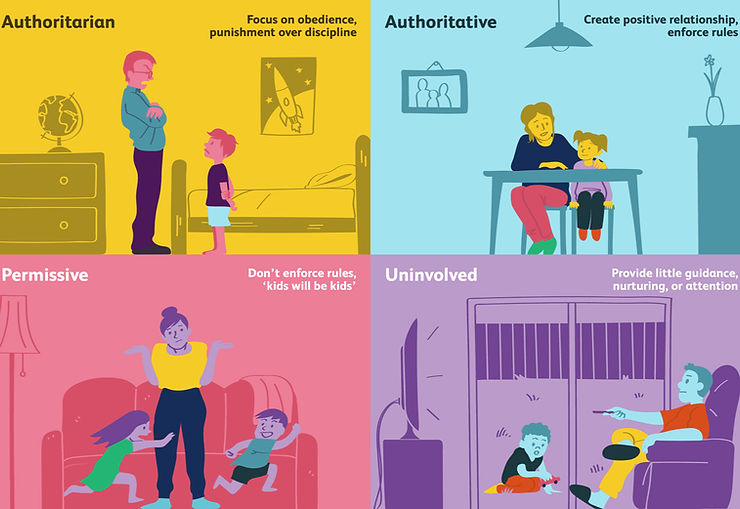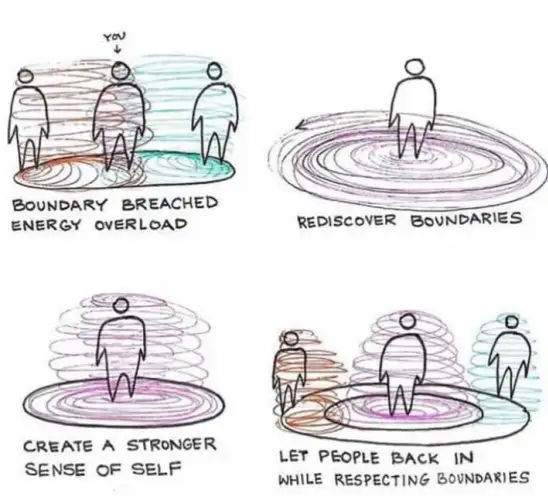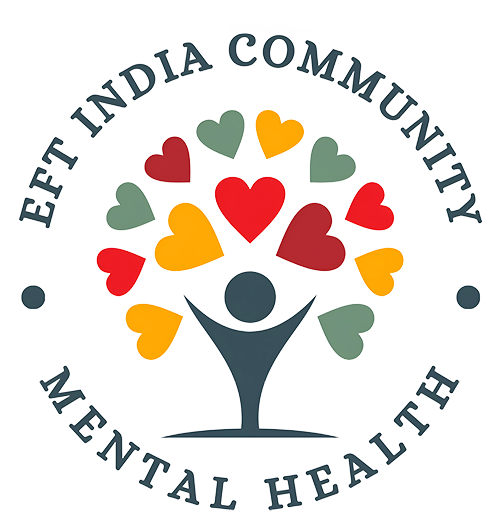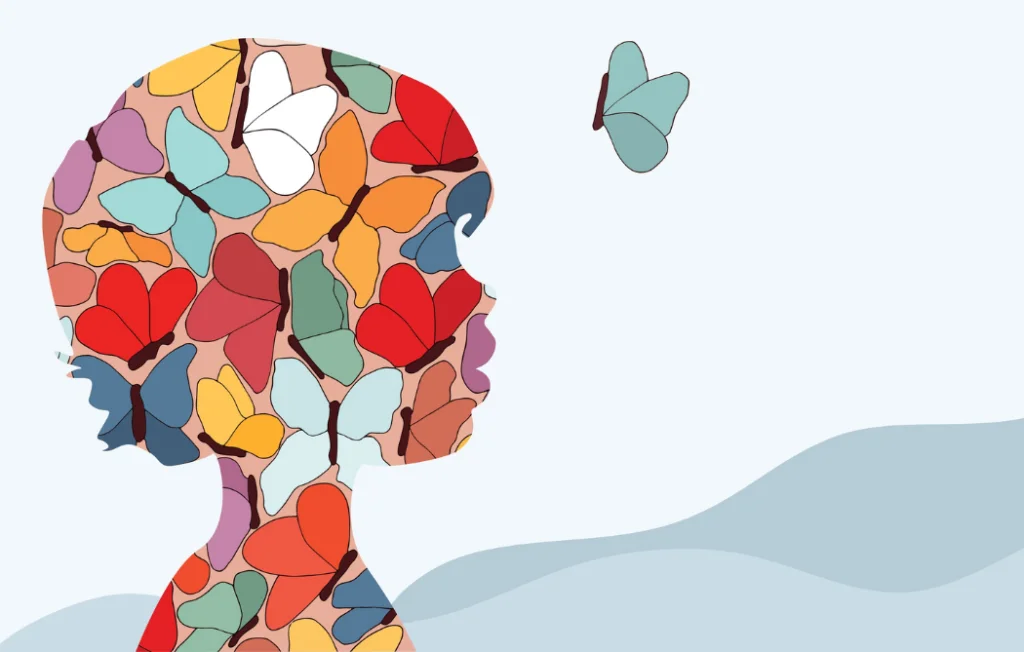In South Asian society, the family plays a central role as an institution. Deeply rooted in a collectivist culture, we prioritize interdependence and loyalty, often placing the needs of the family above individual interests. Family dynamics refer to the interactions and relationships within a family, significantly influencing a person’s mental health. Whether we realize it or not, the environment we grow up in influences our emotional well-being, coping mechanisms, and overall psychological development. A supportive, nurturing family can foster resilience, while dysfunctional family patterns can contribute to mental health challenges.
In this blog, we’ll explore how family dynamics impact emotional well-being and mental health, the types of family relationships that influence this process, and how family therapy can address these issues.
The Impact of Family Relationships on Mental Health
Research consistently shows that the family environment during childhood and adolescence is critical in shaping emotional and psychological development. Family relationships set the foundation for emotional regulation, communication, and self-worth. When family members provide love, support, and security, individuals develop higher self-esteem and better mental health outcomes. Conversely, dysfunctional family dynamics which are marked by conflict, neglect, or emotional detachment can lead to long-term psychological distress.
According to attachment theory, early relationships with primary caregivers form the blueprint for how individuals manage emotions and connect with others. Secure attachments foster emotional health and resilience, while insecure attachments can increase the risk of anxiety, depression, and relationship difficulties later in life.
Types of Family Dynamics That Influence Mental Health
1. Authoritative vs. Authoritarian Parenting

Parenting style significantly impacts children’s emotional development. Authoritative parenting, characterised by warmth and structure, fosters self-confidence, emotional regulation, and mental resilience. On the other hand, authoritarian parenting, marked by strict discipline and emotional distance, can lead to feelings of inadequacy, fear, and anxiety.
Example: A child raised in an authoritarian household may internalize feelings of shame and inadequacy, leading to anxiety disorders in adulthood. Meanwhile, children in authoritative households are more likely to develop healthy self-esteem and emotional intelligence.
2. Family Conflict and Communication Patterns

Constant conflict, poor communication, or emotional neglect within the family can erode trust, making it difficult for family members to develop emotional security. When there is clear and respectful communication, family members can navigate disagreements and support one another’s emotional needs. However, toxic communication patterns such as yelling, criticism, or emotional manipulation can lead to distress and long-term emotional challenges.
• Example: In a family where conflict is the norm, children might struggle with communication in their own relationships as adults, often fearing confrontation or resorting to unhealthy coping strategies like avoidance or aggression.
3. Enmeshment and Emotional Boundaries

Enmeshment refers to a lack of clear boundaries within the family, where personal identities become entangled, and individual autonomy is compromised. This dynamic often causes individuals to feel overly responsible for their family members’ emotions, which can lead to codependency and poor emotional regulation.
Example: A child who grows up in an enmeshed family may struggle to assert their needs as an adult, feeling guilty or responsible for others’ emotions, which can lead to anxiety or depressive tendencies.
4. Parental Mental Health and Its Influence

Parents’ mental health status directly impacts their children’s well-being. Children of parents with untreated mental health conditions, such as depression or anxiety, are more likely to develop emotional issues themselves. They may take on caregiving roles prematurely, contributing to anxiety, emotional exhaustion, or role reversal in the family.
Example: A parent struggling with depression may unintentionally project their negative feelings onto their children, which can cause the children to internalize those emotions, leading to mental health struggles later in life.
Several studies emphasize the connection between family dynamics and mental health. One comprehensive study published in Child Development found that high levels of family conflict and low emotional support are strong predictors of depression and anxiety in adolescence. Moreover, research from the American Psychological Association indicates that secure family relationships foster resilience, even in children exposed to external stressors, such as economic hardship or academic pressures.
The Influence of Family Dynamics on Mental Health could be better understood through this example
Imagine Family dynamics as the foundation of a house. If the foundation is strong and well-maintained, the house stands tall, stable, and resilient to external forces like storms or earthquakes. However, if there are cracks or weaknesses in the foundation such as unresolved conflicts, unhealthy communication patterns, or rigid roles the house becomes unstable, and the people inside may feel unsafe or overwhelmed.
Just like a house needs regular care and maintenance, family relationships also need attention and support to ensure emotional health and stability. When family dynamics are healthy, they create a safe environment where individuals can grow, adapt, and thrive. But when these dynamics are strained, they can create stress and impact mental well-being, much like how a weak foundation can affect the entire structure of a house.
Addressing Family Dynamics Through Therapy

Family therapy is an evidence-based approach to improving family dynamics and resolving mental health issues arising from familial patterns. It aims to improve communication, establish healthy boundaries, and address unresolved conflicts. Whether it’s a pattern of conflict, enmeshment, or emotional neglect, therapy helps family members understand their roles in perpetuating dysfunction and empowers them to make positive changes.
In Emotionally Focused Therapy (EFT), for example, families explore their emotional patterns and work together to repair bonds. By fostering emotional safety and secure attachment, EFT helps individuals break free from unhealthy cycles of interaction that contribute to mental health challenges.
Family Dynamics as a Foundation for Mental Health
Family dynamics are deeply intertwined with mental health. Whether you’re experiencing conflict, emotional neglect, or over involvement in your family relationships, addressing these issues can lead to better emotional well-being for everyone involved. It’s never too late to reshape the dynamics within your family, creating a healthier environment where each member can thrive emotionally.
If you’re struggling with family-related mental health challenges, or if you’d like to improve your family relationships, we can help. We help families and individuals understand their emotional patterns and develop healthier, more supportive dynamics.
Contact us today to schedule a consultation and take the first step toward emotional well-being.



